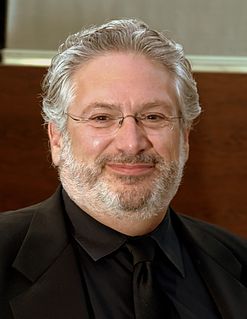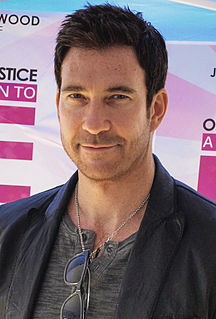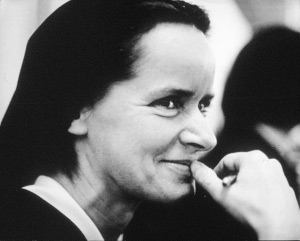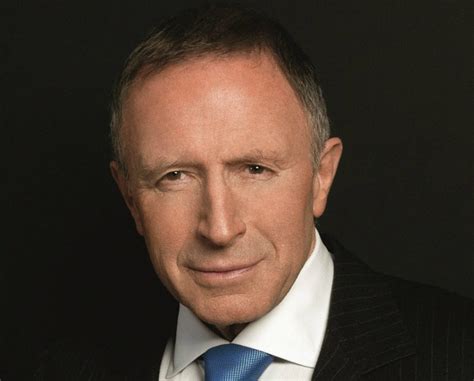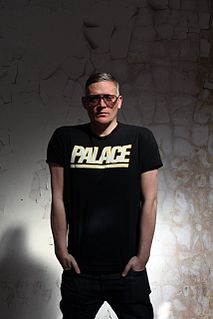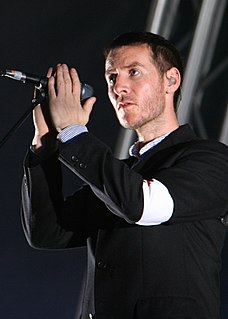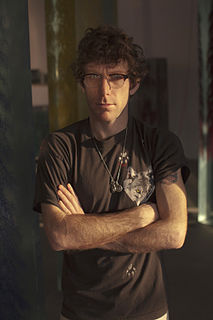A Quote by Ai Weiwei
You see so many people doing quite nice and respectful work, but nobody like Warhol. Warhol is outstanding. I think he has a value that is far from fully understood. He's very special for younger generations.
Related Quotes
I believe that Ryan Murphy is a genius. His instincts remind me of Andy Warhol. I recently went to the Warhol museum in Pittsburgh, and you can see a lot of echoes of Andy in Ryan's work. Like Andy, Ryan's finger is so on the pulse of culture that he's ahead of culture. Their aesthetic and their vision of the world are very similar.
I believe that Ryan Murphy is a genius. His instincts remind me of Andy Warhol. I recently went to the Warhol museum in Pittsburgh, and you can see a lot of echoes of Andy in Ryan’s work. Like Andy, Ryan’s finger is so on the pulse of culture that he’s ahead of culture. Their aesthetic and their vision of the world are very similar.
I'm attracted to the work of younger artists, and it's affordable compared to mature art, so you can take a chance much easier on a younger artist. I can't say that I've found an artist who I think is going to be the next Bacon or Warhol. You shouldn't have to do that really. You go forward, and you find something new.
There is a danger in becoming an icon, as people can see you as remote and untouchable, and they are less willing to tolerate you doing things that don't fit with their preconceived idea of you. Iconic status can be like a pair of handcuffs, especially if, like me, you wish to continually stretch yourself creatively, as Warhol did.

